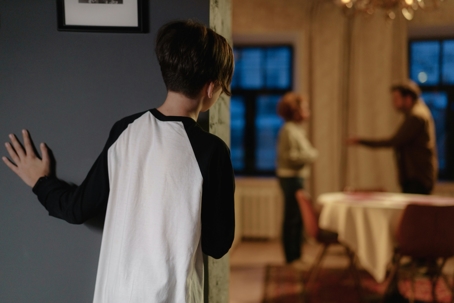When parents go through a divorce or separation, one of the biggest concerns is “What will happen with the kids?” In California, child custody decisions are based on what’s called the “best interest of the child.” This means the court’s main focus isn’t what the parents want, but rather what will best support the child’s health, safety, and well-being. Custody can be either legal custody (the right to make decisions about things like school, healthcare, and religion) or physical custody (where the child will live). Both types can be shared (joint) or given to just one parent (sole). Even if a custody schedule isn’t split “50/50” between the parents, the court may still award joint legal and physical custody meaning neither parent will be the decision maker about issues pertaining to the child(ren).
California courts encourage parents to work out a parenting plan together whenever possible. After all, no one knows the kids better than the parents themselves! But if the parents can’t agree, the court will step in. The judge looks at several factors, like each parent’s ability to care for the child, any history of domestic violence or substance abuse, the child’s ties to school and community, and sometimes even the child’s own wishes if they’re old enough and mature enough to share an opinion. Once the court determines and orders the parenting plan (custody schedule), the parents must follow this schedule as it relates to when the child(ren) are with each parent. Any parent refusing to follow this schedule may risk losing time with the child(ren).
Best practices for parents navigating custody? Keep the focus on the kids. Judges want to see that both parents are supporting the child’s relationship with the other parent, as long as it’s safe and healthy. That means avoiding badmouthing, keeping communication respectful, and sticking to agreed-upon schedules. Actions by a parent that cause a child to have a negative attitude or feelings towards the other parent are detrimental to the child’s wellbeing and that parent faces the possibility of losing custody and/or significant time with the child. Parents who show they’re putting the child’s needs first are often seen more favorably by the court.
If you’re facing a custody issue, you don’t have to figure it all out alone. At The Grey Legal Group, APC, we’re here to help guide you through the process and advocate for the best outcome for you and your children. Contact us today to schedule a consultation and let us help you take the next step toward protecting your family.

